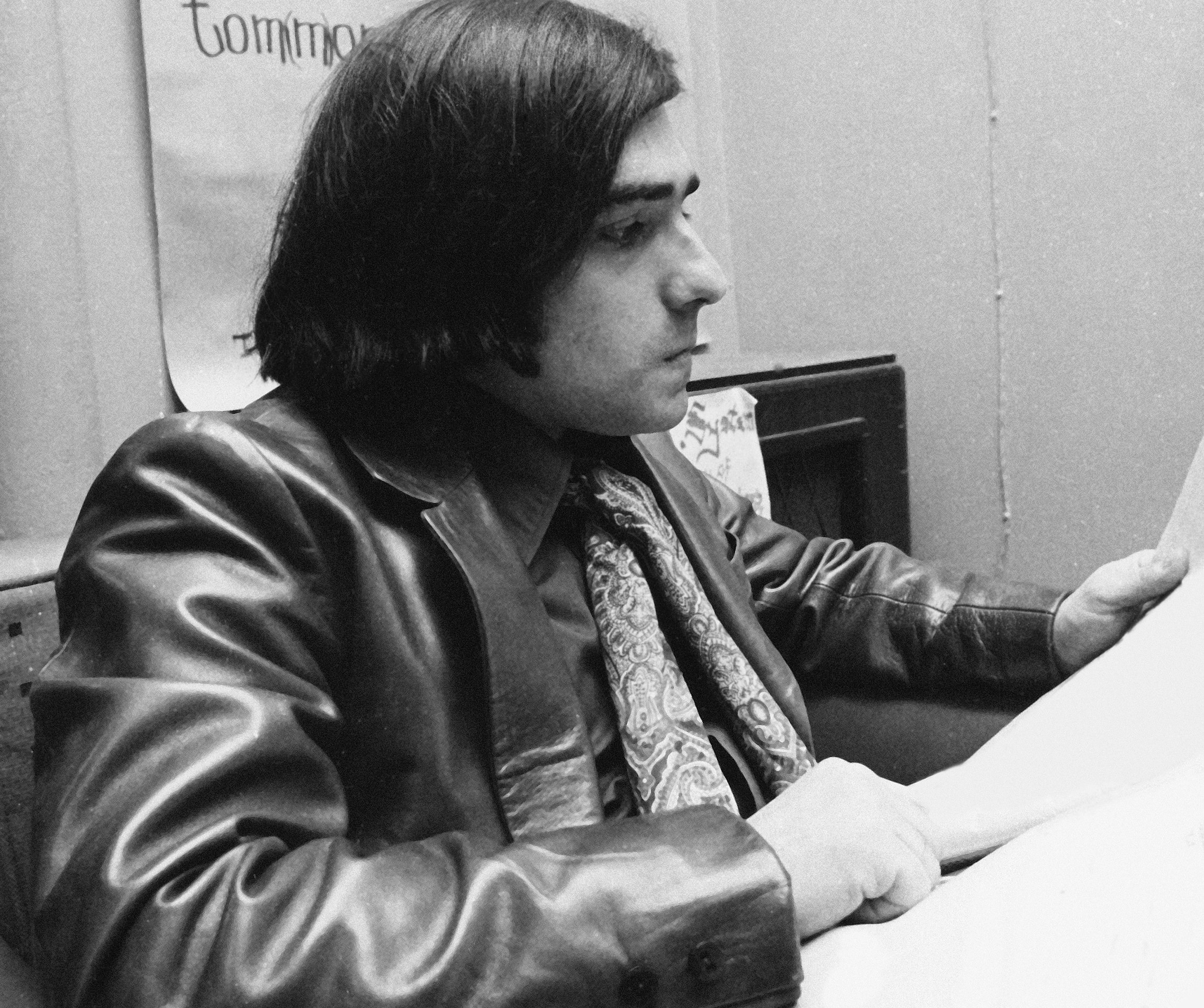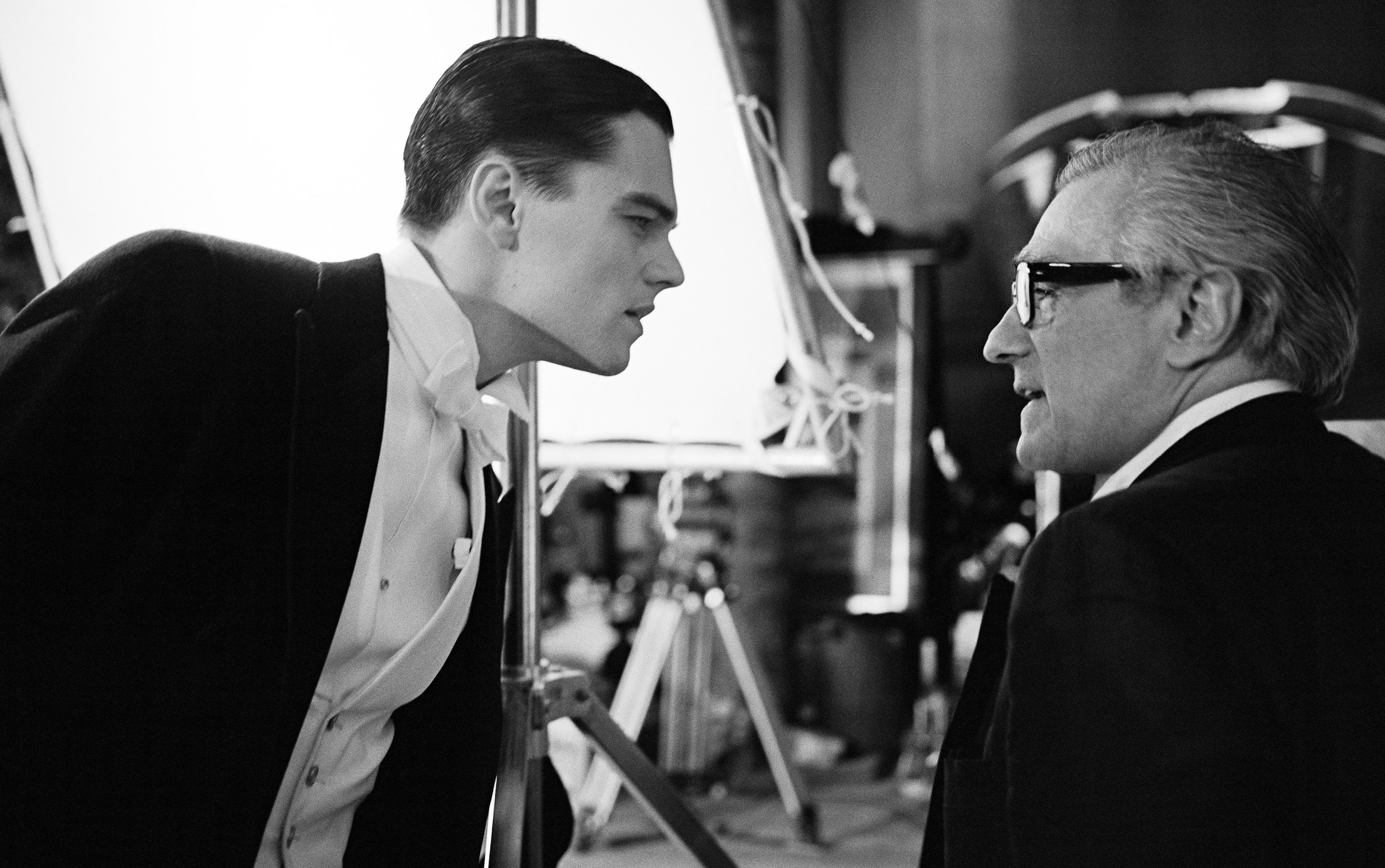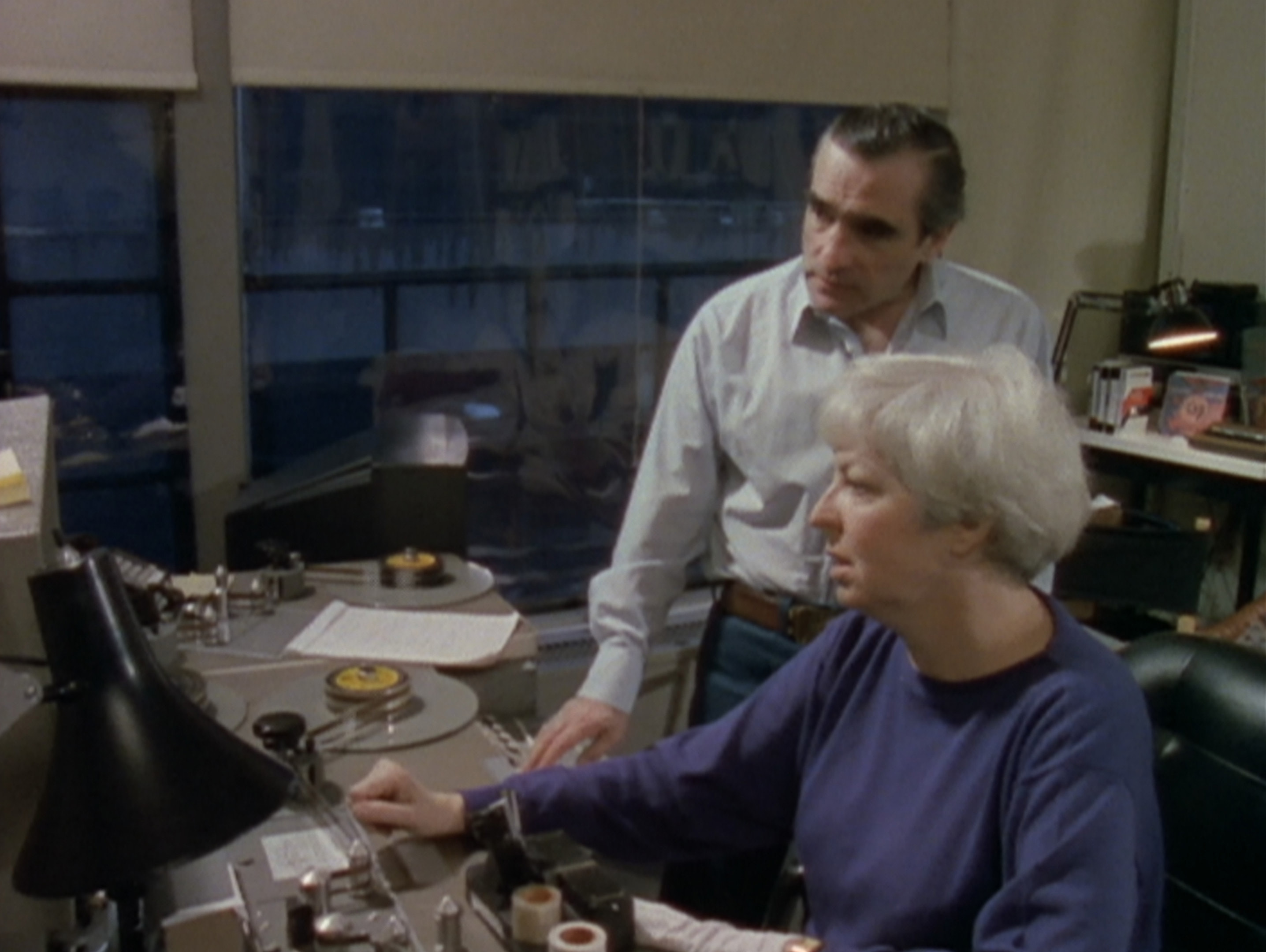This five-parter by Rebecca Miller is essential viewing for any Martin Scorsese fan – and for anybody who wants to understand the process of movie-making, full stop. Miller has interviewed all the key figures from the director’s life, not just film luminaries but his family, his childhood friends, an ex-wife, the priest who inspired him.
With no trace of sycophancy (her husband of 30 years is Scorsese collaborator Daniel Day-Lewis, who contributes astute insights to the mix), Miller moves through the phases of his career chronologically, with a keen eye for using exactly the right footage to underscore her analysis. Importantly, she has the director himself supplying a snappy, often funny commentary on himself, much as his own documentaries about his love of movies do. The studio execs who put obstacles in his way aren’t featured, which might have been amusing. But Scorsese is a highly capable critic of his own behaviour.
 He’s particularly good at dissecting his working methods, such as why so many of his films feature crane shots that swoop down on the subjects below: he spent much of his asthmatic youth looking out of his windows at the streets outside, sometimes pane by pane, as people moved past. And why his films use pop songs as an incongruous soundtrack, which he traces back to cruising round the Bowery with his brother with upbeat pop on the car radio. He still has the storyboard he created as a teenager for a home movie – a Roman “epic” starring his friends – down to the end credits, each shot with a specified camera movement. He’s “seen” the film before he’s shot a minute of it. He’s also “heard” it, as a collaborator on Goodfellas notes: “This scene will feature that Cream track,” and so forth. Total cinema is born.
He’s particularly good at dissecting his working methods, such as why so many of his films feature crane shots that swoop down on the subjects below: he spent much of his asthmatic youth looking out of his windows at the streets outside, sometimes pane by pane, as people moved past. And why his films use pop songs as an incongruous soundtrack, which he traces back to cruising round the Bowery with his brother with upbeat pop on the car radio. He still has the storyboard he created as a teenager for a home movie – a Roman “epic” starring his friends – down to the end credits, each shot with a specified camera movement. He’s “seen” the film before he’s shot a minute of it. He’s also “heard” it, as a collaborator on Goodfellas notes: “This scene will feature that Cream track,” and so forth. Total cinema is born.
He’s impressive on a crucial aspect of his technique: not just storyboarding a film for what will look good, but for thinking through the “philosophy” of each setup: who’s in the frame, and with whom? Who is not there? Why? What will that tell us about the characters, the event?
For each of his major projects, treasurable background is offered – for Taxi Driver, for example, it’s the real person behind Travis Bickle and the evolution of the “You talking to me?” scene. Later, Scorsese recounts the aftermath of the Hinckley shooting of President Reagan. One especially juicy nugget is supplied by Margot Robbie, about the scene in Wolf of Wall Street in which she asks Belfort (Leonardo DiCaprio, pictured below with Scorsese on the Aviator set) for a divorce. The shooting script had her simply plonk down the legal papers in front of him, but a long discussion between her, DiCaprio and Scorsese till 3am the night before thrashed out how to project the scene’s turbulent emotions. The result was a sequence starting with sex then moving via physical violence to kidnapping and a car crash. The violence of Scorsese’s back catalogue is investigated but not apologised for. As he notes, a sentiment echoed by Robert Pileggi, writer of Wise Guy, on which Goodfellas is based, everything in his films is true to life, from Joe Pesci’s character in Casino, who really did torture rivals by putting their heads in a vice, to another hapless Pesci victim, in Goodfellas, shot for disrespecting him. Miller also lures to her camera Salvatore, the brother of (the late) Robert Uricola, another of Scorsese’s childhood friends: he's the man known as Sally Gaga who served as the model for Robert De Niro’s Johnny Boy in Mean Streets. Did he really put a cherry bomb in a mailbox? Yeah. And tied them to pigeons, too. Why? “Don’t remember.”
The violence of Scorsese’s back catalogue is investigated but not apologised for. As he notes, a sentiment echoed by Robert Pileggi, writer of Wise Guy, on which Goodfellas is based, everything in his films is true to life, from Joe Pesci’s character in Casino, who really did torture rivals by putting their heads in a vice, to another hapless Pesci victim, in Goodfellas, shot for disrespecting him. Miller also lures to her camera Salvatore, the brother of (the late) Robert Uricola, another of Scorsese’s childhood friends: he's the man known as Sally Gaga who served as the model for Robert De Niro’s Johnny Boy in Mean Streets. Did he really put a cherry bomb in a mailbox? Yeah. And tied them to pigeons, too. Why? “Don’t remember.”
So much of what is distinctive and fascinating about Scorsese’s film world is traced back to the formative influence of his early life on “Murder Mile” (Manhattan’s Mulberry Street). His mother, a regular co-star, was shocked when she first saw Goodfellas by the foul language the gangsters use – only to be told by her husband that he too used that kind of language outside the house. Scorsese's uncle, a bootlegger nicknamed The Bug, was a friend of the local thugs, though not a made man. When young Marty wanted to film in his ‘hood he had no difficulty, unlike most film-makers, in getting the local Mafia’s permission. Henry Hill and the Lucchese gang saw his work about their lifestyle as a home movie.
Miller doesn’t play down the downside of this fascination with violence. Isabella Rossellini, the third Mrs Scorsese, coolly humorous about their marriage, coins the description of him as a “saint/sinner”, a man interested in the big questions who sent her away while he was shooting King of Comedy and, in a rage, trashed whole rooms. He says he sees violence not as a phenomenon exclusively of the streets but emanating from the home, often as a result of humiliation, as Raging Bull illustrates. A friend of his youth, Father Principe, suggests he understood from an early age that this violence is a manifestation of sin.
 Scorsese’s descent into workaholic madness, making two films at once at one point, often fuelled by drugs, is also not shushed away. He and the late Band musician Robbie Robertson talk freely about the time they shared a drug pad in LA, when Scorsese’s career went through one of its periodic slumps, stymied by money men who wanted the next Jaws or Rocky. A major combatant was Harvey Weinstein, who hated the hats the characters (authentically) wore in Gangs of New York. Mr Weinstein did not contribute to the documentary. But so many important figures have done, from Spielberg, Paul Schrader and the late Brian de Palma to his three daughters, the youngest of whom offers a poignant vignette of her happiest time with him being the night they went out for a pizza and nobody bothered them.
Scorsese’s descent into workaholic madness, making two films at once at one point, often fuelled by drugs, is also not shushed away. He and the late Band musician Robbie Robertson talk freely about the time they shared a drug pad in LA, when Scorsese’s career went through one of its periodic slumps, stymied by money men who wanted the next Jaws or Rocky. A major combatant was Harvey Weinstein, who hated the hats the characters (authentically) wore in Gangs of New York. Mr Weinstein did not contribute to the documentary. But so many important figures have done, from Spielberg, Paul Schrader and the late Brian de Palma to his three daughters, the youngest of whom offers a poignant vignette of her happiest time with him being the night they went out for a pizza and nobody bothered them.
The dogged devotion Scorsese has shown to making films has attracted impressive knights in armour, notably the post-Titanic DiCaprio, who could get projects funded when the studios shut him out, and the calmly authoritative Thelma Schoonmaker (pictured above with Scorsese), his editor since 1967, who helped save his student film It’s Not Just You, Murray. Both offer measured verdicts on working with the director. As DiCaprio sagely notes, ”He would do it for free, he’s a filmmaker no matter what.” It's an impressive tribute to an inspiring director and his old neighbourhood friends, still working together 60 years on.















Add comment